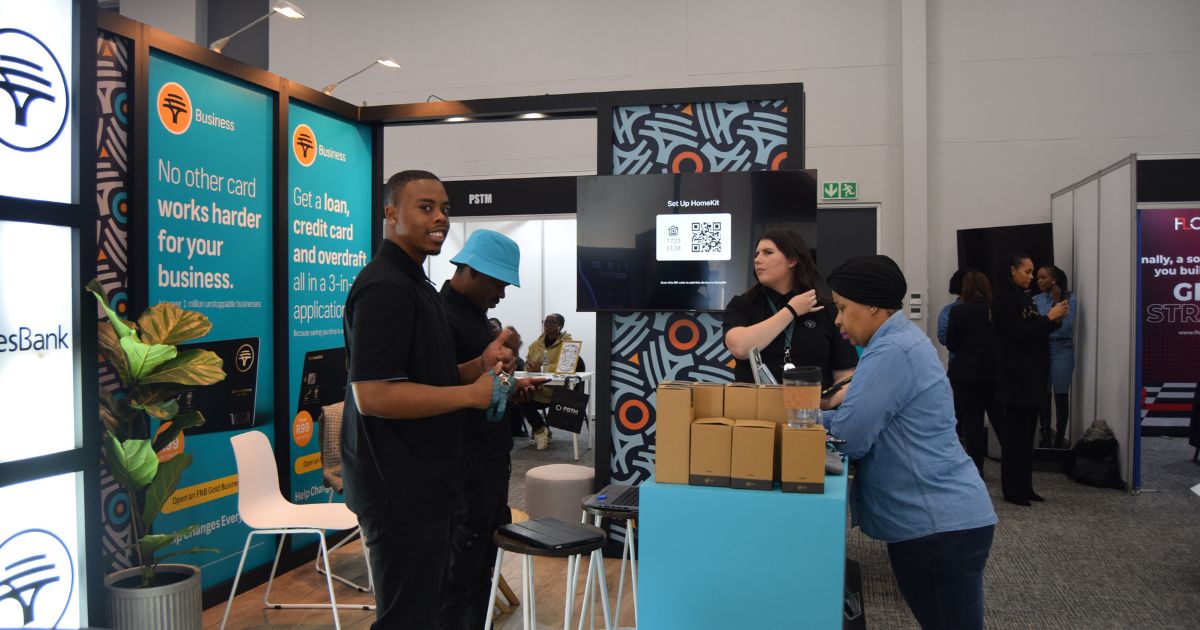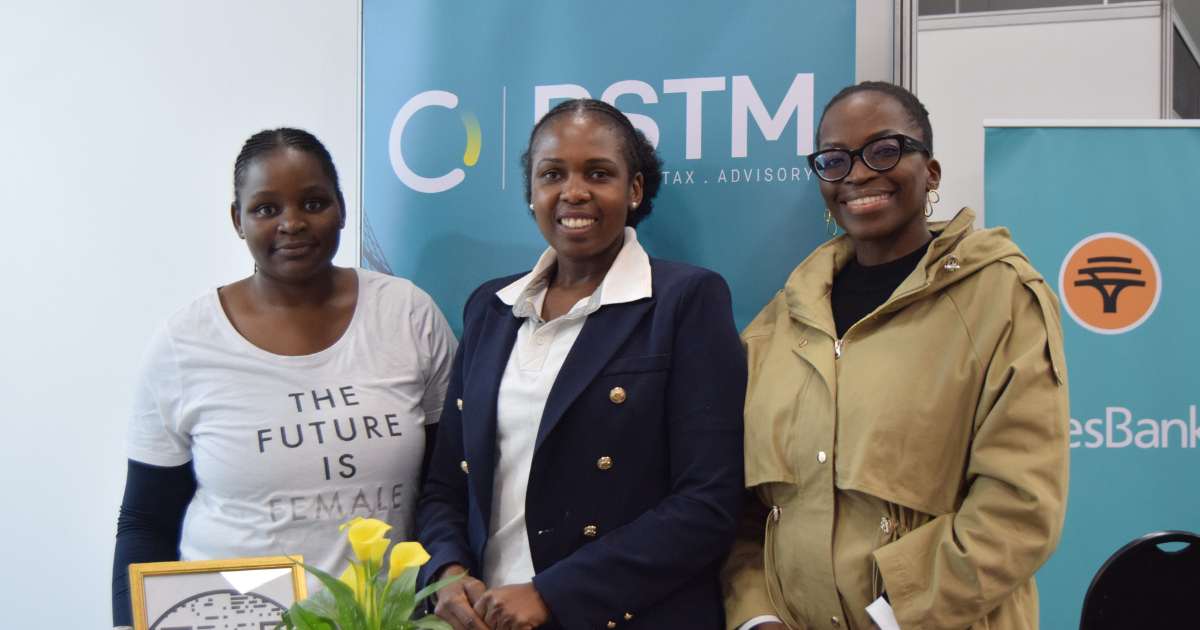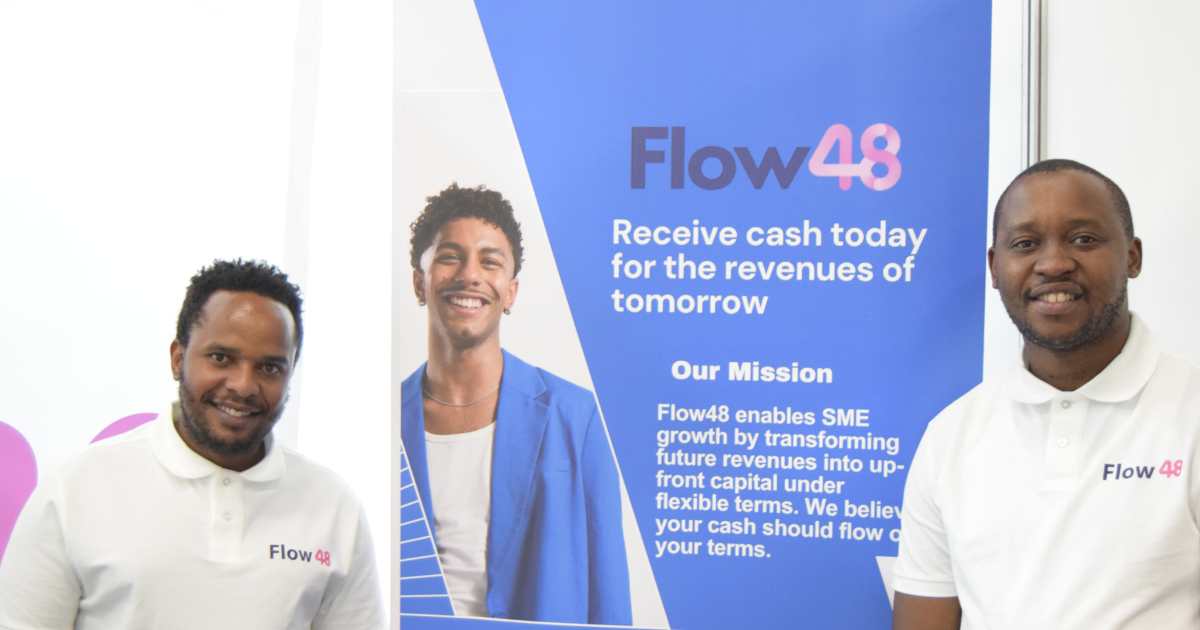
At the 2025 SME South Africa Funding Summit, leading financial institutions and funders asserted their commitment to supporting the growth and sustainability of South Africa’s small to medium-sized enterprises (SMEs). Among the key contributors was silver sponsor FNB, which highlighted the role of digitalisation in addressing the funding gap and driving SME resilience.
At the summit, Louise Naidoo, SME Lending Product Head at FNB Commercial, emphasised the importance of building a deeper relationship between banks and SMEs with the goal of creating better access to funding and sustainable SMEs.
“Banks are often the first choice for SMEs, but they experience negative outcomes due to declined funding requests. Successful and sustainable funding relationships require a partnership between banks and SMEs,” Naidoo said.
Bridging the SME Funding Gap
There are an estimated 2,6 million to 3,5 million SMEs in South Africa. These businesses play a vital role in job creation and economic growth. However, despite their growing importance, many SMEs still struggle to access financial support.
According to the 2025 South African MSME Access to Finance Report, 85,6% of all funding applications came from micro-enterprises, which are businesses with a turnover of less than R1 million per year. As much as these businesses are creating jobs (over 80% of jobs created in South Africa), they are still underfunded.
FNB believes that improving access to finance for SMEs is dependent on digital enablement and funding readiness. The bank’s commercial offering aims to streamline access to credit, provide funding solutions, offer various business tools and provide access to markets.
“We really want to demonstrate that, from an FNB perspective, we genuinely are here to help and listen. We want to help businesses with those complicated things and streamline funding opportunities for them,” explained Naidoo.
Digitalisation vs Digitisation: What SMEs Need to Know
With so many new technologies such as cloud computing, artificial intelligence (AI) and machine learning, SMEs are in a race to catch up to the rest of the world. These new technologies have the potential to unlock growth and sustainability for SMEs, however, there is a need to clarify the difference between digitalisation and digitisation.
Digitisation is the process of changing from analogue to digital form. Also known as digital enablement, digitisation takes an analogue process and changes it into digital form, with any changes to the process itself.
On the other hand, digitalisation is the use of digital technologies to change a business model and provide new revenue and value-producing opportunities, such as alternative funding instruments.
In simple terms, SMEs need digitalisation to enable them to become digital businesses in a digital economy, and that’s where FNB’s commercial banking solutions can help.
“Digitalisation is not just a trend; it’s a huge shift. And the sooner SMEs make use of the tools available and all of the digital solutions, the more these tools can help them with access to funding,” Naidoo explained.
Betting on Digital Tools for SME Growth
In South Africa, the SME sector is largely cash-driven despite an increase in the adoption of digital financial services and tools. This limits the ability of the SMEs to build a digital financial footprint, crucial for securing financing.
Naidoo noted that although some SMEs are leveraging digital financial tools, many remain on the sidelines. To address this, FNB has tailored its app to enable SMEs to apply for funding directly, a process that not only streamlines applications but also allows the bank to gain a clear picture of the SMEs financial footprint. This digital footprint is key to improving credit assessments.
Another tool by FNB is the app’s payment feature, which allows SMEs to generate QR codes for customer payments. Every payment processed on the app strengthens the SME’s financial history, and that data can be used to tailor financing solutions such as merchant cash advances.
“By focusing on the right tool(s) and using them effectively, SMEs build up a good credit record. When it comes time to apply for funding, banks can understand the transaction patterns and growth, making it easier to approve funding,” says Naidoo.
Funding Readiness and Banking Relationships
Another element of FNB’s presentation was funding readiness. Funding readiness is how prepared a business is to secure funding or investments. Many SMEs struggle with not only accessing funding but also getting their businesses in a position to qualify for funding.
Naidoo explained that FNB is committed to not only providing access to funding but also education and awareness on digital tools. The bank aims to equip SMEs with knowledge on how to use accounting tools, payment features and build a good credit score that builds trust with banks and other financial institutions.
“The funding journey is not just a once-off transaction. There are various funding solutions designed to help SMEs throughout their life cycle. It’s important that SMEs are ready for this journey and leverage the available tools,” she explained.
Role of Education in SME Digitalisation
During her presentation, Naidoo highlighted that a lack of awareness or understanding around digital financial tools was a growing concern. The current skills gap, along with limited digital infrastructure in South Africa, means many SMEs are not able to fully use the available technology.
Digitalisation not only helps entrepreneurs, but in South Africa, it is also a catalyst for skills development and broader economic inclusion.
To help SMEs become familiar with technology, FNB is committed to driving awareness and education. This includes efforts in training on payment platforms and guidance on how to build a strong credit profile, all of which contribute to funding readiness.
The 2025 SME SA Funding Summit was not only a way to tackle challenges in funding but also to open a dialogue between SMEs and funders. With stakeholders such as FNB investing in financial education and access to funding, the funding gap can be smaller for SMEs.




